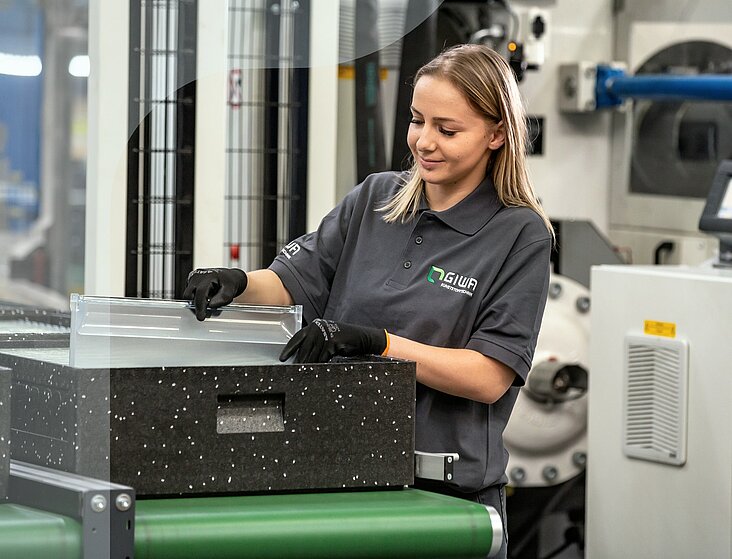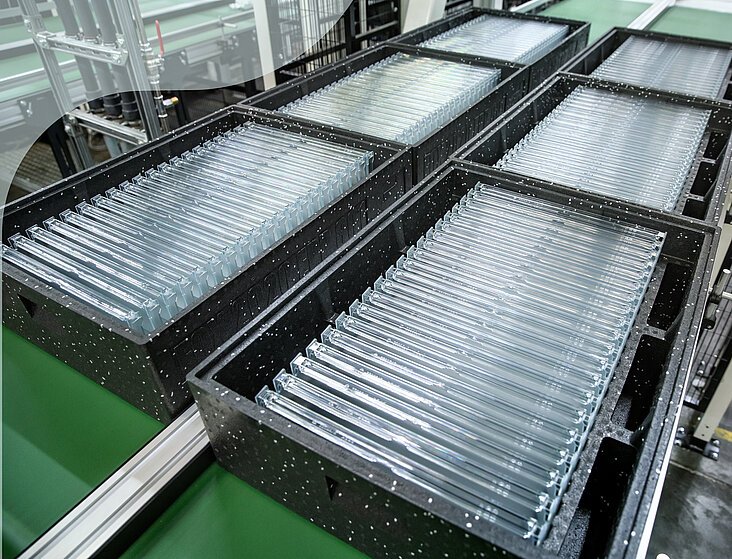Plastics applications with vision
In the case study, our plastics applications and solutions show what they can do.
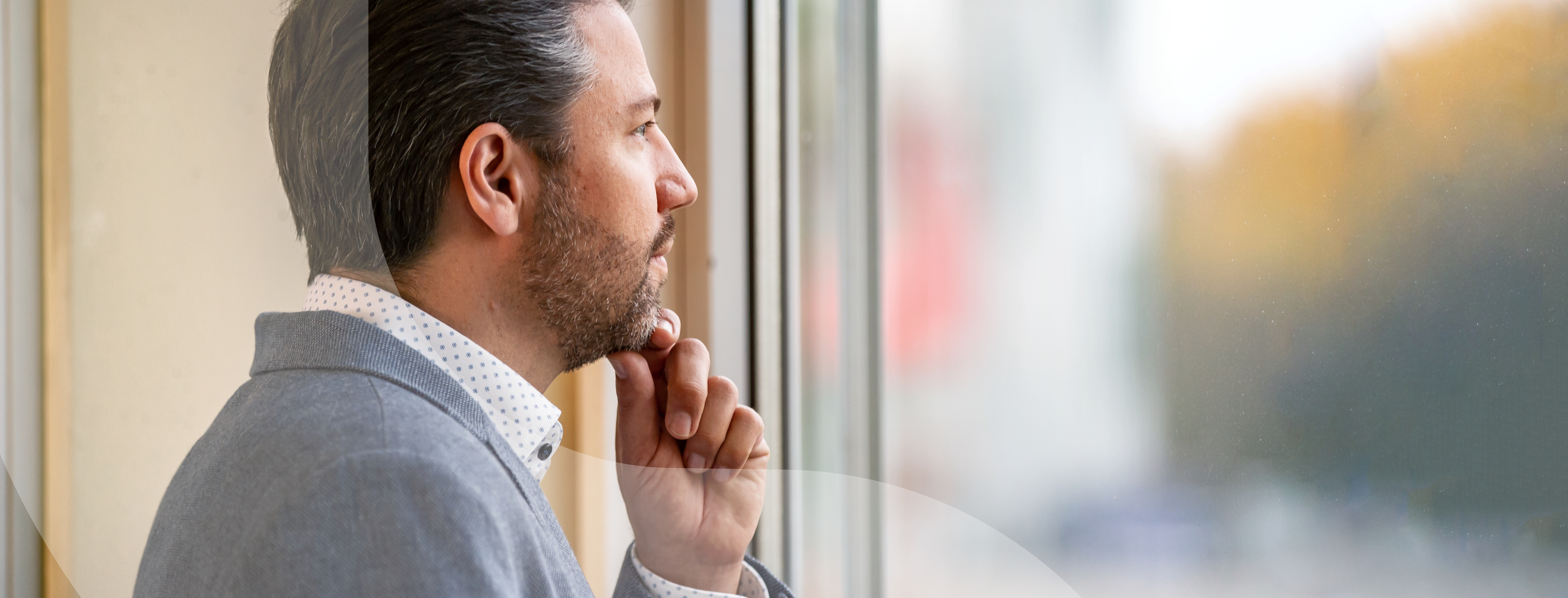
In the case study, our plastics applications and solutions show what they can do.

The mobility industry will undergo fundamental change in the coming years. GIWA is accompanying this development. Together with our partner, we are making the future of the automotive sector lighter by developing innovative plastic parts.
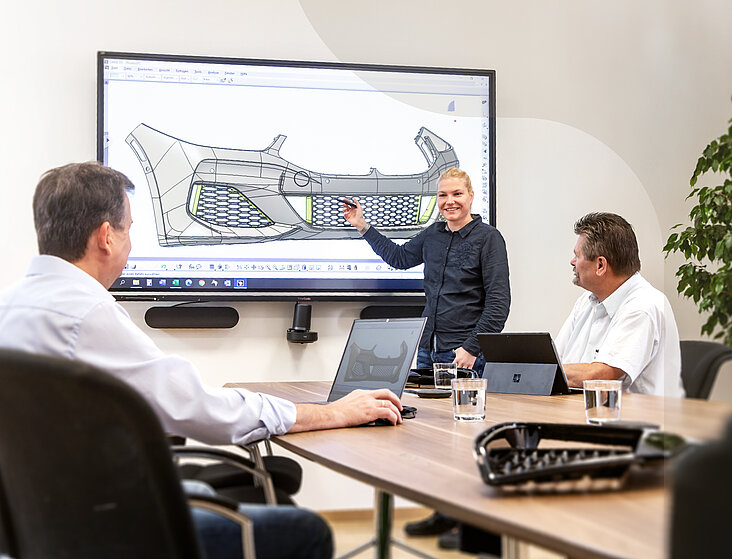
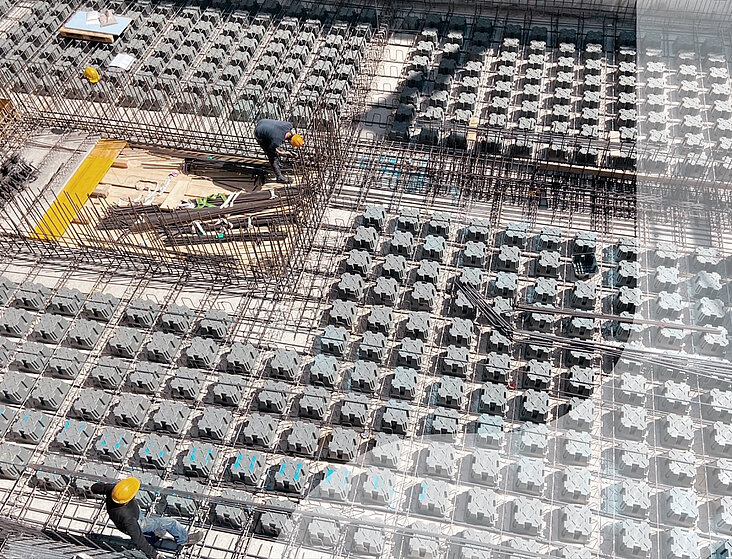
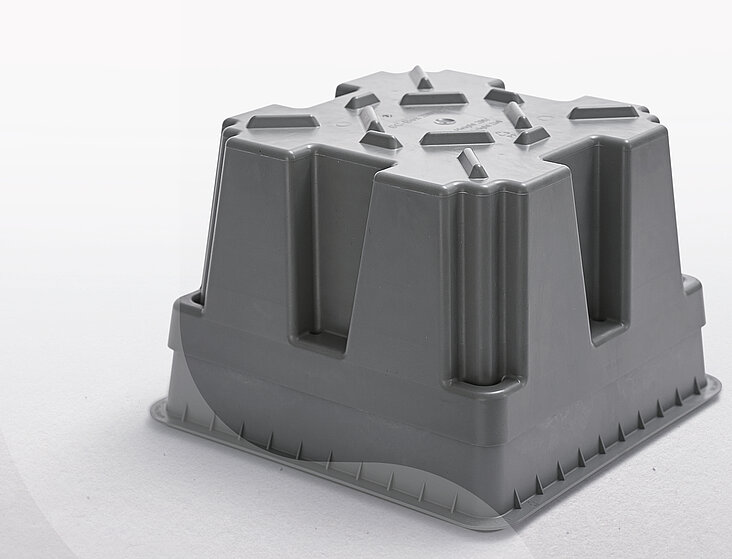
Steel and concrete have unique and symbiotic structural properties that enable structures such as tunnels, bridges and skyscrapers to be built effectively and durably. However, the production of concrete and steel is energy-intensive. This is where the innovative construction system from GIWA and Green Code comes into its own. It uses reinforced concrete at structurally relevant points and replaces it in the areas in between.
Lightweight and robust, functional and durable: The use of plastics has been enhancing household appliances with positive properties for many years. As a specialist for plastic parts on the household appliance market, GIWA brings another one into play: high-gloss and particularly hygienic transparent surfaces.
